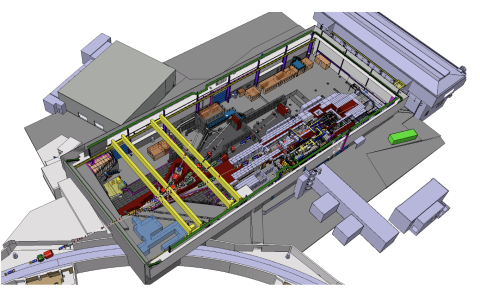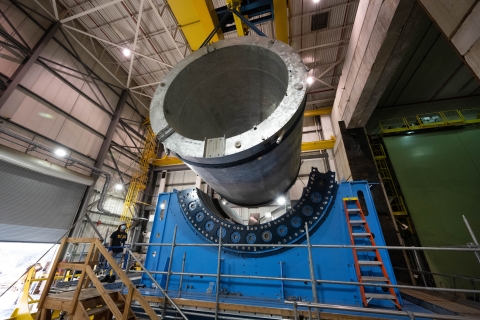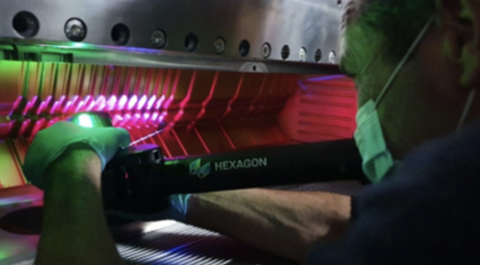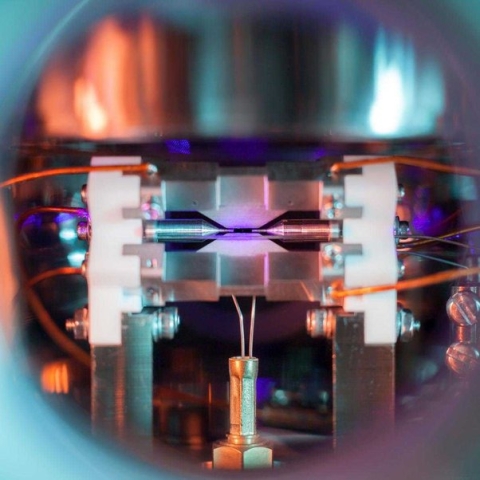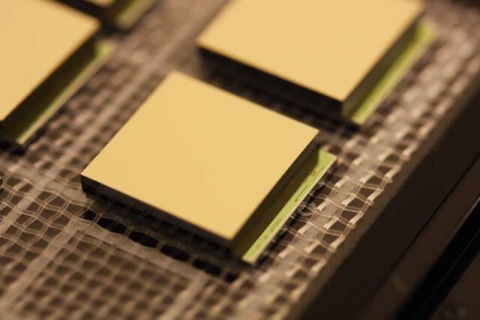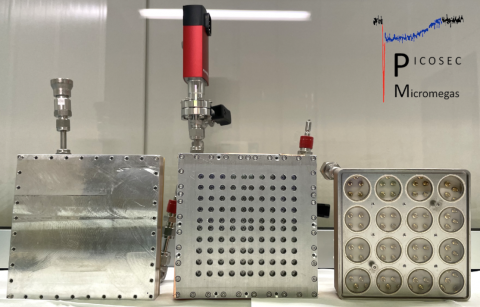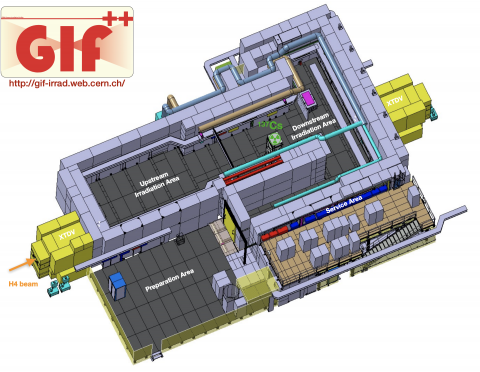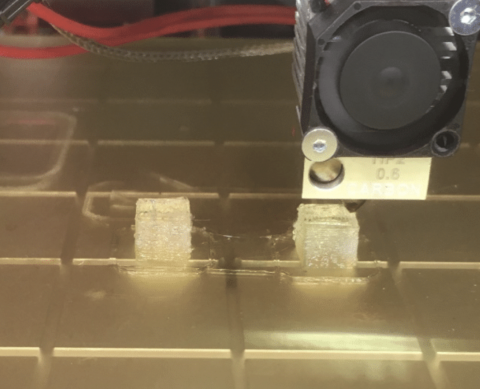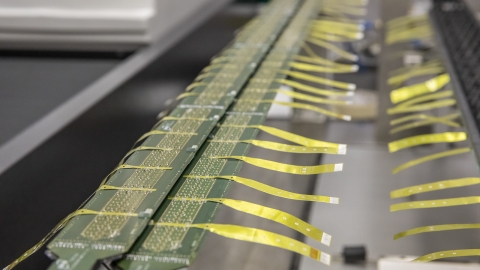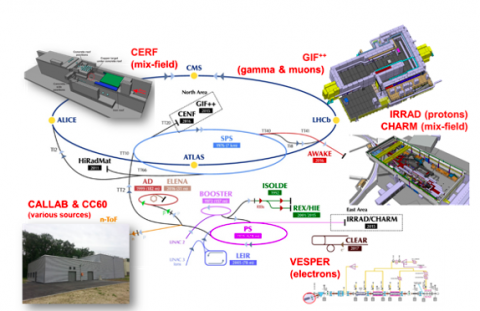DT
The IRRAD Proton Facility Journey to get new detector systems ready for the Long Shutdown 3
The proton irradiation facility (IRRAD) at the PS East Area was built during the LS1 to cope with the increasing needs for radiation tests of the experimental community working for the HL upgrade of the LHC and beyond. The IRRAD facility, operated…
Read moreCERN team maps the sPHENIX Solenoid at BNL
In November 2022 the magnet service team of the Detector Technology group performed the mapping of the superconducting solenoid in the sPHENIX experiment at BNL (US). The two-week long campaign was the culmination of preparations that started during…
Read moreDT group publishes 2021 annual report
The mandate of the Detector Technologies (DT) group in the Experimental Physics department covers development, construction, operation and maintenance of particle detectors for CERN experiments. Last year showed great progress on several projects…
Read moreZooming in the EP R&D Days 2022
The annual EP R&D Days meeting was held on the 20th and 21st of June 2022. The meeting reviewed progress and plans of the 11 work packages as the EP RnD programme reaches its midpoint. In addition, the meeting offered better understanding of the…
Read moreEnhancing sensitivity of spectroscopic X-ray imaging
A dedicated workshop on Medical Applications of Spectroscopic X-ray Detectors took place at CERN from 29th August - 1st September. It brought together more than 100 participants from a variety on institutions including prestigious medical…
Read moreSub 25-ps timing with PICOSEC Micromegas gaseous detectors
Precise timing systems are central to many ongoing and planned detector upgrades and tens of ps timing resolution will play an important role to meet detection challenges in future high-luminosity environments. Large area detection systems achieving…
Read moreThe Gamma Irradiation Facility GIF++ during and beyond Run 3
The two CERN Irradiation facilities operated by EP-DT - the IRRAD in the PS East Area and the GIF++ in the SPS North Area - deliver essential services to the HEP community, with the focus on validating and optimising detector technologies for the…
Read moreThe 3D printed Detector (3DET) Project
Plastic scintillator is one of the most used active materials in high-energy physics. The “3D printed Detectors” (3DET) collaboration was formed in 2019 with the goal of investigating and developing additive manufacturing as a new production…
Read moreUpdate on the ECFA Roadmap for R&D on Detector Technologies
It was reported in the previous edition of the EP Newsletter (1) that the European Strategy for Particle Physics Update (EPPSU (2) recommended that “Organised by ECFA, a roadmap should be developed by the community to balance the detector R&D…
Read moreCERN's irradiation facilities eye to the future
CERN operates several unique in-house radiation-test facilities and makes use of a broad variety of external facilities to satisfy the needs of users from experiments and equipment groups in the Research and Computing (RCS) and Accelerators and…
Read more
